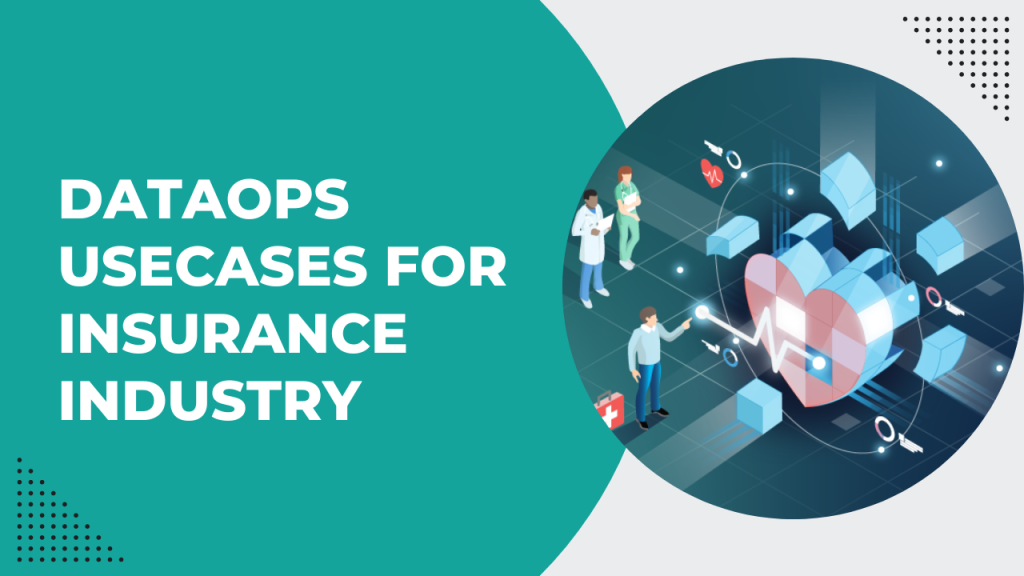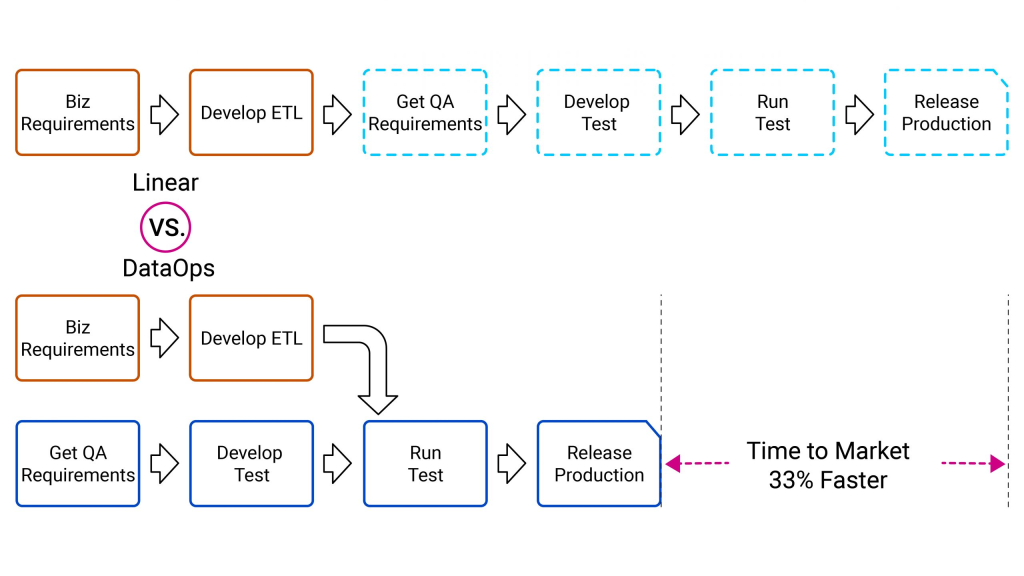
Are you tired of dealing with constant service disruptions and outages? Do you want to improve your company’s service assurance and customer satisfaction? Look no further than DataOps.
DataOps is a revolutionary approach to data management that combines Agile methodologies, DevOps principles, and data engineering best practices. By embracing DataOps, organizations can improve their service assurance and reduce the risk of downtime and outages.
But what exactly is DataOps, and how can it benefit your business? In this article, we’ll explore the world of DataOps and its impact on service assurance.
What is DataOps?
DataOps is a collaborative approach to data management that emphasizes communication, integration, automation, and measurement across the data lifecycle. It brings together data scientists, data engineers, data analysts, IT operations, and other stakeholders to streamline the process of data delivery and consumption.
DataOps is built on three core principles:
1. Agile Methodologies
Agile methodologies emphasize flexibility, collaboration, and rapid iteration. By using Agile practices such as Scrum and Kanban, DataOps teams can quickly respond to changing business requirements and deliver value to customers faster.
2. DevOps Principles
DevOps is a set of practices that combine software development and IT operations to automate and streamline the delivery and deployment of software. DataOps borrows from DevOps principles such as Continuous Integration and Continuous Deployment to improve the quality and reliability of data delivery.
3. Data Engineering Best Practices
Data engineering is the process of designing, building, and maintaining data pipelines. DataOps leverages data engineering best practices such as version control, testing, and monitoring to ensure that data is accurate, consistent, and trustworthy.
How Does DataOps Improve Service Assurance?
Now that we know what DataOps is, let’s explore how it can improve service assurance.
1. Faster Time to Market
By using Agile methodologies, DataOps teams can deliver value to customers faster. This means that new features and services can be released more quickly, reducing the time it takes to respond to customer needs and competitive pressures.
2. Improved Data Quality
Data quality is essential for service assurance. By using data engineering best practices such as version control and testing, DataOps teams can ensure that data is accurate, consistent, and trustworthy. This reduces the risk of service disruptions and outages caused by bad data.
3. Better Collaboration
DataOps promotes collaboration across teams, departments, and functions. By breaking down silos and improving communication, DataOps teams can work more effectively together to deliver high-quality data and services.
4. Greater Efficiency
DataOps emphasizes automation, which can reduce manual processes and improve efficiency. By automating tasks such as data ingestion, transformation, and deployment, DataOps teams can free up time for more strategic work and reduce the risk of human error.

5. Enhanced Monitoring and Analytics
DataOps teams use monitoring and analytics tools to track the performance of data pipelines and services. This enables them to identify issues before they become problems and take corrective action quickly. By using real-time monitoring and analytics, DataOps teams can improve service assurance and reduce the risk of downtime and outages.
Conclusion
In conclusion, DataOps is a game-changer for service assurance. By embracing DataOps principles and practices, organizations can improve their data quality, collaboration, efficiency, and monitoring capabilities. This leads to faster time to market, better customer satisfaction, and reduced risk of downtime and outages.
So if you want to take your service assurance to the next level, consider implementing DataOps in your organization. Your customers will thank you for it.